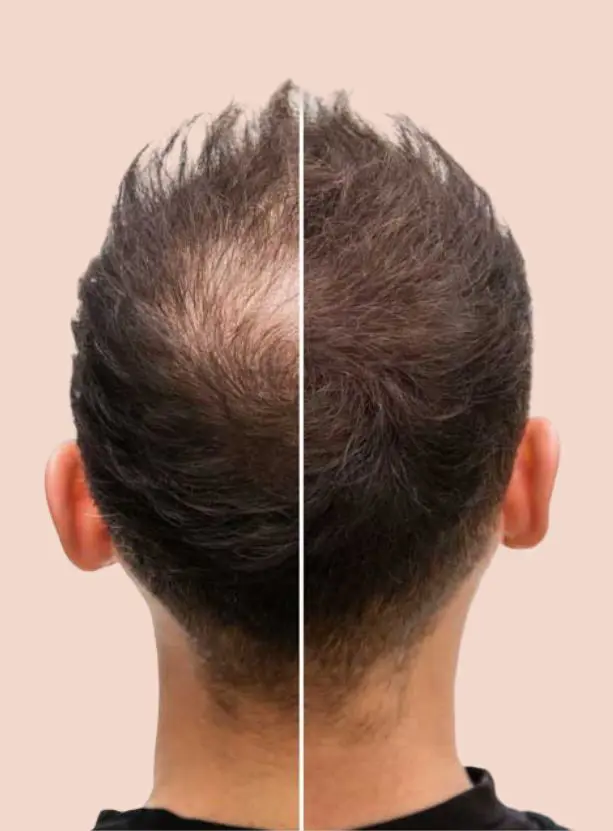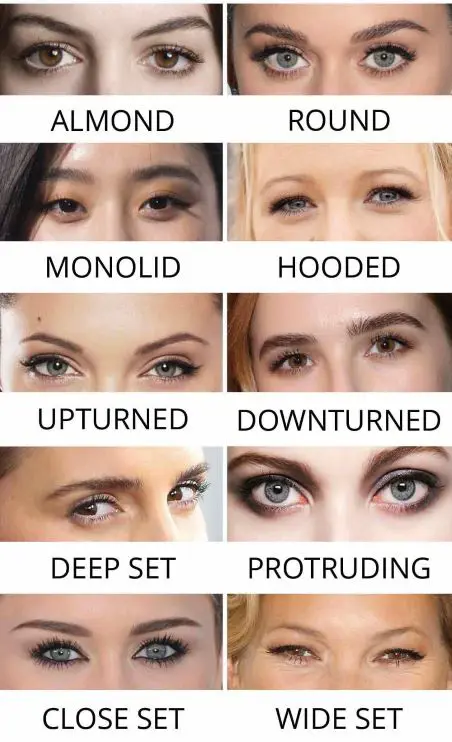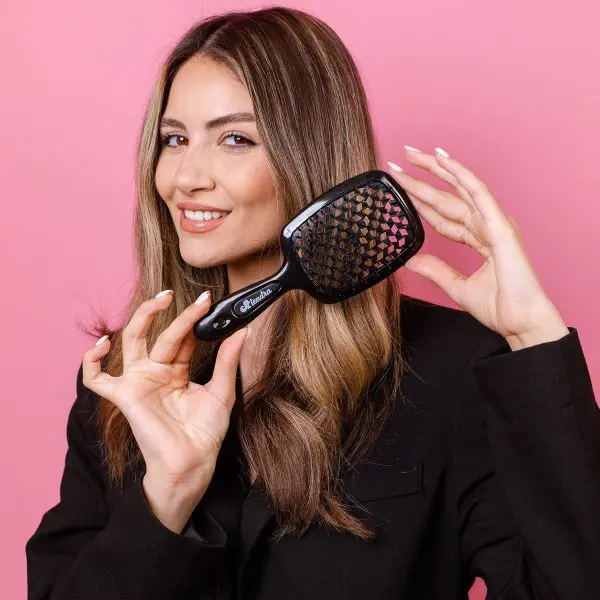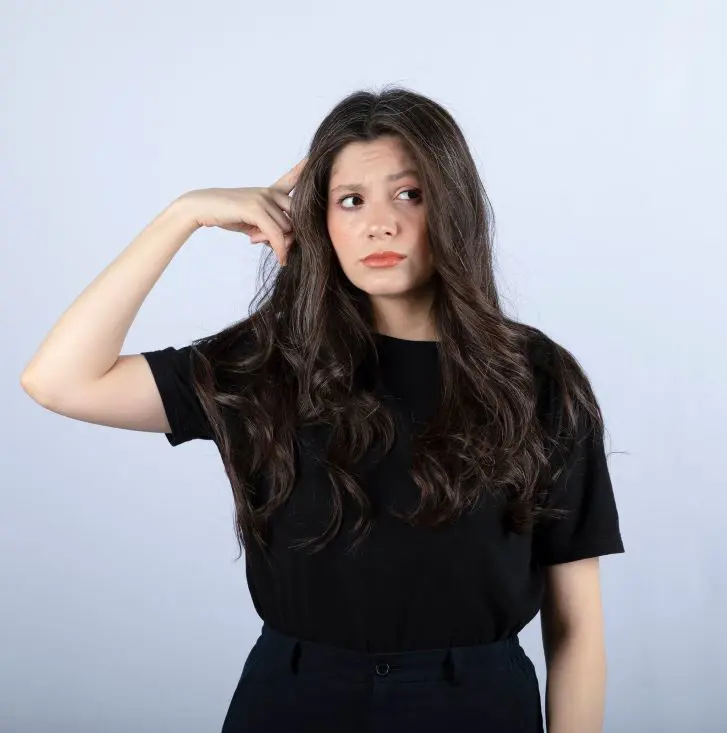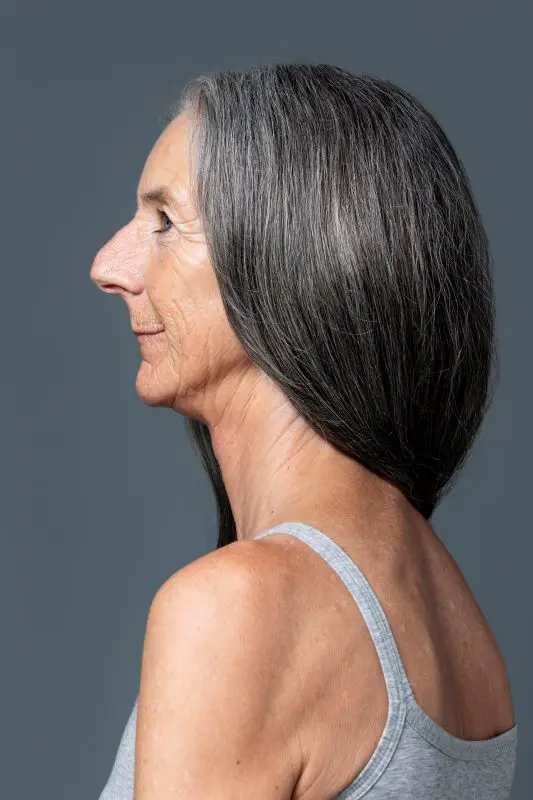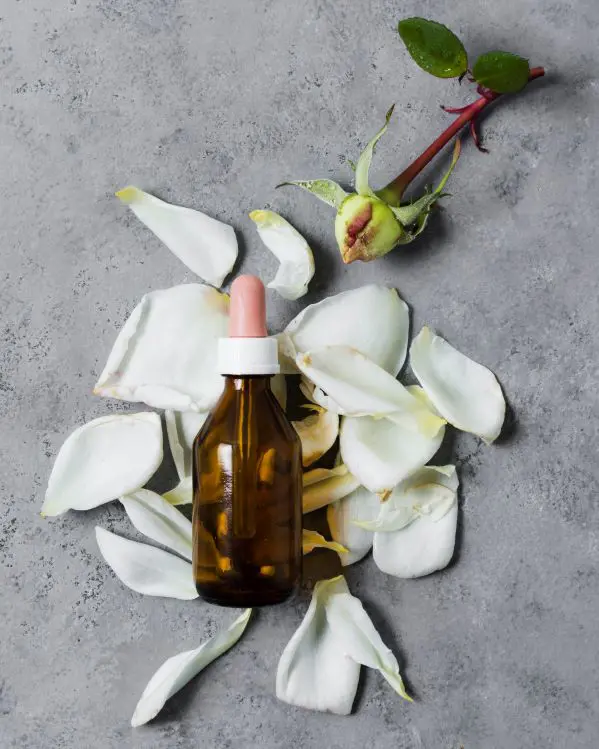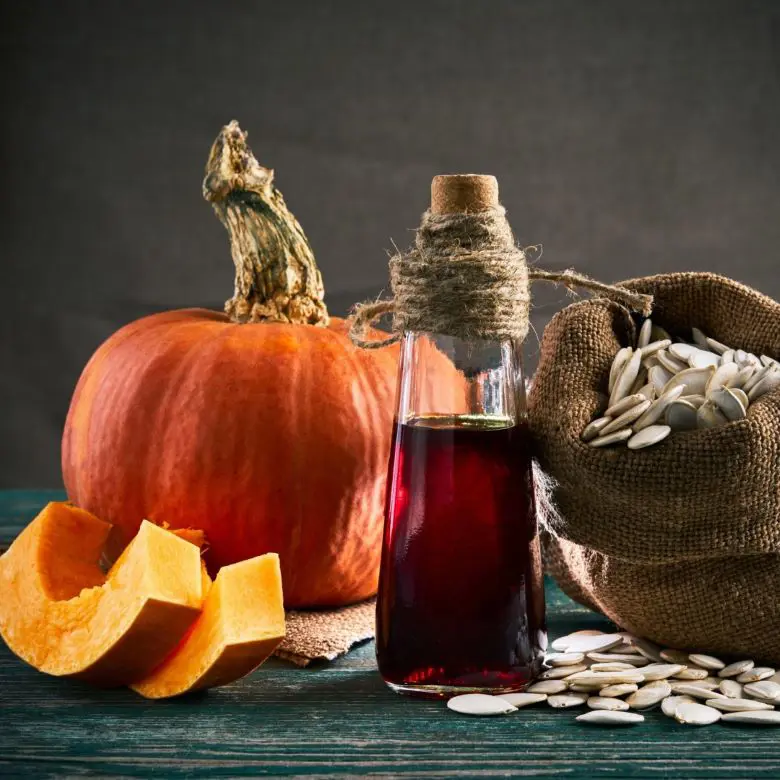Hair often serves as a source of charm, framing our features and fueling self-confidence. When it starts thinning, though, that confidence can take a hit. Then, many of us wonder about its causes but often don't understand the underlying condition.
Thinning hair can stem from various causes, be it genetics, stress or nutrient deficiencies. Fortunately, there are several ways to nurture your strands with home remedies.
These remedies made from items from your pantry is a useful tool for targeted treatments. Also, with essential vitamin supplements, it’s possible to support hair growth and restore fullness.
1. Inherited Genetics
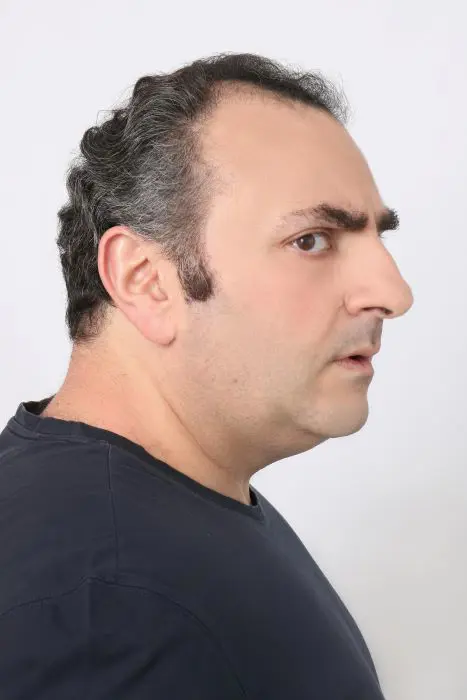
Wondering why is my hair thinning at 20? One of the main reason for hair falling out is your family genetics. Hair loss or similar pattern hair loss often runs in families, with genes passed down from either parent.
This hereditary condition is known as androgenetic alopecia, which typically causes gradual thinning at the crown or a receding hairline. Inherited genes affect hair’s density, growth cycle, and lifespan, making certain areas more prone to loss.
2. Age
As we know, hair growth naturally slows down with aging, leading to thinner and weaker strands as hair follicles lose their vigor. Additionally, pigmentation diminishes, resulting in graying.
This process varies among individuals but is a common aspect of aging, affecting hair health and appearance over time. Hence, every time you brush your hair or walk past a mirror, you might find yourself asking, "Why is my hair thinning so much?"
3. Pregnancy

Sometimes, joyous moments like pregnancy and childbirth can ironically becomes the prime reason of hair falling out. While hormonal changes during pregnancy can enhance hair growth, the drastic hormonal shifts that follows after childbirth often triggers postpartum shedding.
This unexpected thinning can be disheartening for new mothers, highlighting the complex relationship between joy and the challenges of hair health during this transformative time.
4. Stress

Stress and anxiety can have a profound impact on hair health because your body responses to stress by entering a resting phase which often leads to excessive hair shedding.
This sudden loss can be alarming, as strands thin noticeably. While managing stress through techniques like mindfulness and exercise can mitigate its effects, it may take time for hair to return to its normal growth cycle.
5. Hair Damage
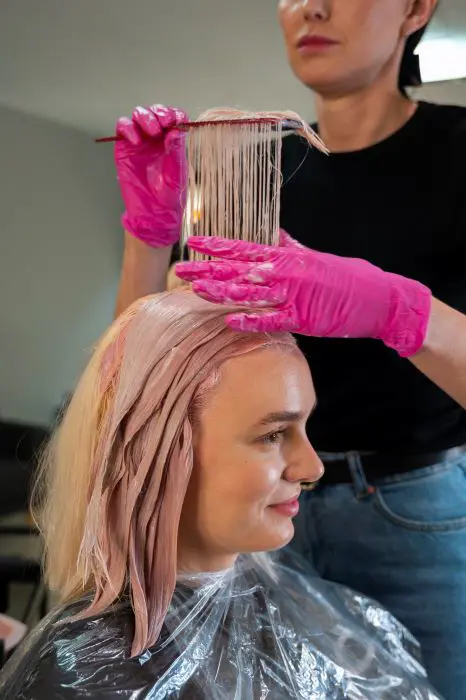
Having a well done hair boosts confidence and makes you look good. That is the main reason people use tons of styling products and visit the salon on a regular basis.
Although you can achieve your desired look with these products, you have to give up on healthy hair and some extra savings! Over time, excessive chemical treatments and heat exposure weakens hair strands and leads to dryness, brittleness, and hair loss.
Thus, to counteract loosing hair, use productive products and minimize heat to restore hair's strength and resilience. This perfectly answers your question- why is my hair thinning at 20 female?
6. Hormonal Imbalance
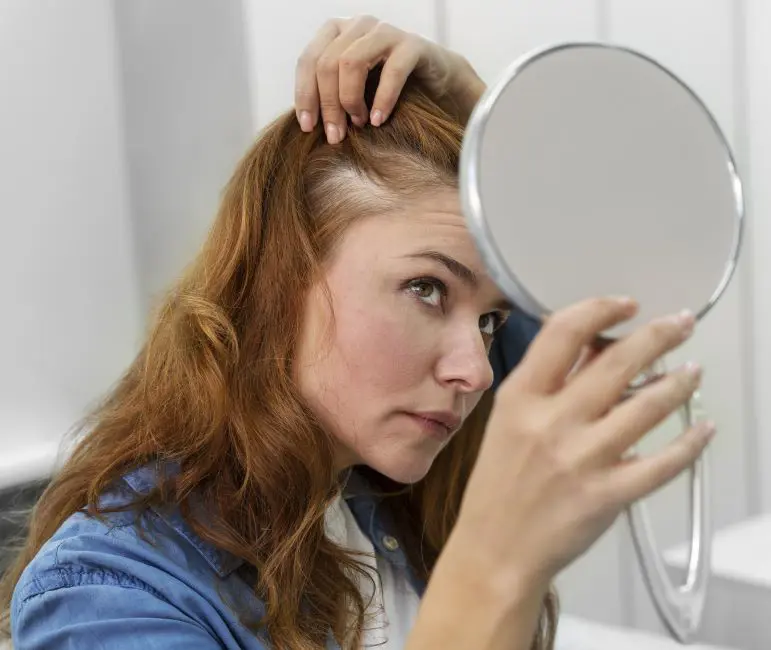
Often people with hormonal disbalance such as menopause, thyroid and PCOS ask themselves and their doctors-why is my hair thinning in the front? Yes, there is a vital role of hormonal imbalance and you loosing hair.
Restoring balance through medical treatments or lifestyle changes can help improve hair health, though results may take time as the body adjusts.
7. Nutritional Deficiency

Not just your hair, but the condition of your overall vitality depends on essential nutritions like iron, biotin, zinc, and vitamins A, C, D, and E for strength and growth. And when your body lacks these nutrients due to an unbalanced poor diet, the hair follicles starts to weaken.
The result you ask? The result of not consuming a healthy diet rich in whole foods, alongside supplements if needed, your hair becomes brittle and you shed excessively. So, better be mindful than sorry.
8. Medications

There are certain medications that can disrupt hair growth cycles as a side effect. Such medications like antidepressants, blood pressure drugs, or chemotherapy treatments may push hair follicles into a resting phase prematurely, causing thinning or shedding.
Although these kinds of hair loss is often temporary, it may concern you. Therefore, it is better to discuss alternative options with your healthcare provider and supporting your immune system with nutrition and gentle care can help mitigate the impact.
9. Alopecia Areata
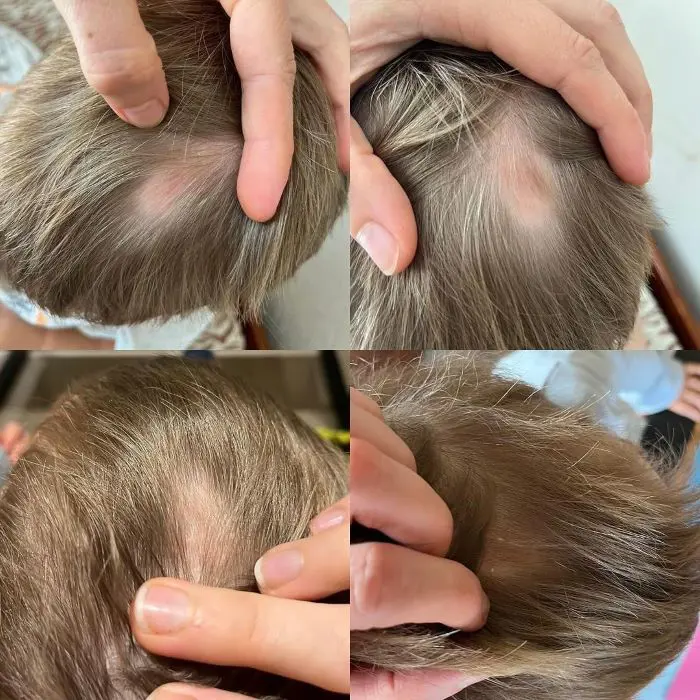
Have you ever noticed a patchy, circular bald spot on your head? If yes, that might be because of alopecia. Alopecia is an autoimmune condition where your body attacks your own hair follicles by mistake. As a result of this attack, you are left with the patch.
It’s unpredictable, with periods of shedding and regrowth that vary widely. Often, it begins with thinning hair before progressing to more noticeable patches. Though challenging, treatments and gentle care can sometimes promote regrowth.
10. Recent Surgery or Illness
After surgery or a serious illness, the body goes into recovery mode, prioritizing essential systems to aid healing. This redirection of energy often disrupts the normal hair growth cycle, pushing hair follicles prematurely into the shedding phase—a condition called telogen effluvium.
As a result, noticeable hair loss may occur a few weeks to months post surgery or illness. The good news? Mostly, this kind of hair loss is temporary, and your hair regrows as your body recovers.
11. Poor Scalp Health
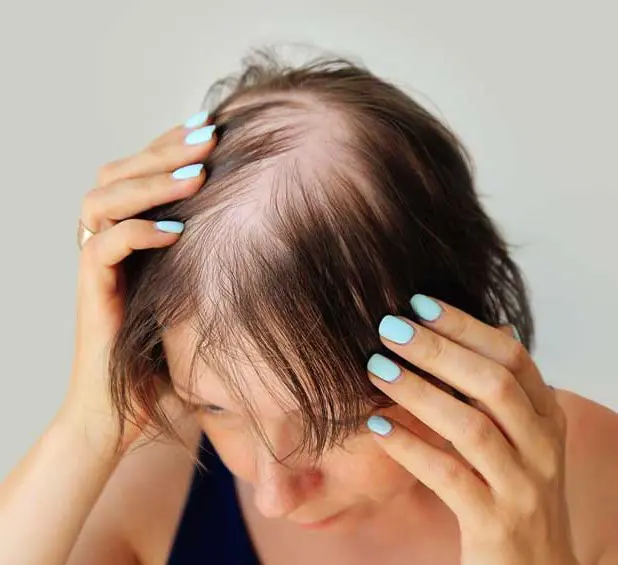
We often hear people complaining why is my hairline thinning or why am i loosing so much of hair, right? Well, the answer might be as simple as scalp health and hygiene. Yes, a neglected scalp can silently undermine hair health, creating an environment less conducive to growth.
It means, without proper care, you could have buildup, oil, and even inflammation that can weaken follicles and more hair fall and thinner strands. So, start prioritizing scalp hygiene because it’s essential for hair that’s fuller, healthier, and vibrant.
12. Environmental Damage
Pollution, UV rays, and harsh weather like environmental factors can weaken hair. It makes your locks brittle and more prone to breakage. Similarly, pollutants clog the scalp, UV rays degrade proteins, and extreme weather saps moisture.
Together, these factors strip hair of its natural vitality. Protecting hair with serums, hats, and gentle cleansing can combat these external stressors.
Home Remedies for Hair Thinning
Here are some home remedies that might be helpful to regow new hair-
Aloe Vera
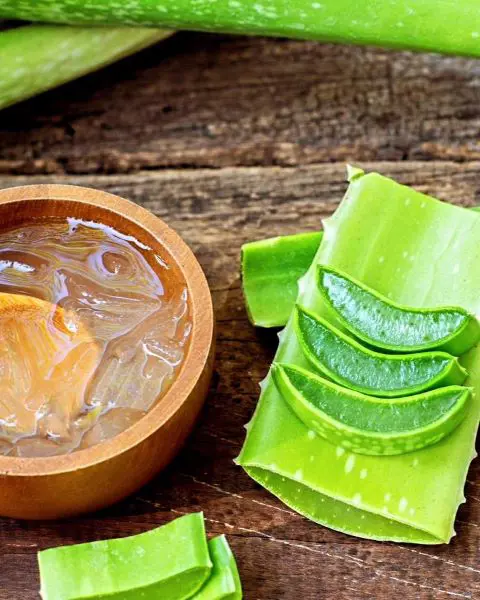
If you are looking for an easy hair thinning treatment then try adding aloe vera to your hair care routine. It's gel has soothing and moisturizing properties that help reduce scalp irritation.
For better results, apply fresh aloe vera gel directly to the scalp and let it rest for about an hour, and then rinse. The best part is, aloe vera gel can also help reduce dandruff and promote shiny hair.
Regular Scalp Massages
Scalp massages are a simple yet effective home remedy that miraculously promotes overall health tresses. It's easy and relaxing.
For added benefits, incorporate natural oils like coconut, olive, or castor oil, which nourishes the locks from within and also helps to retain moisture.
Green Tea
Rich in antioxidants, regular consumption and use of green tea shampoo for thinning hair can reduce hair loss. All you have to do is brew a fresh pot of green tea,apply it to your scalp once cooled. Leave it on for an hour before rinsing to nourish the hair and stimulate follicles.
Rosemary Oil
Best for both, cooking and head massage, one of the benefits of rosemary oil is its ability to stimulate hair growth and improve circulation. Like above mentioned products, just dilute a few drops in carrier oil and massage it into your scalp at least 30 minutes before washing your hair.
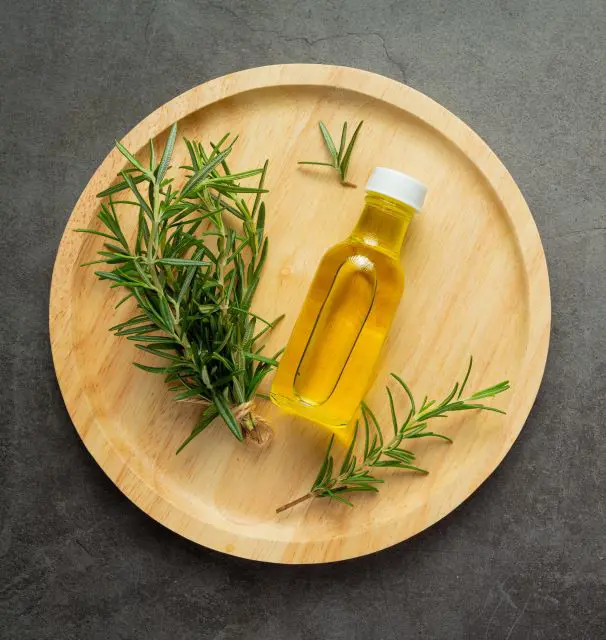
Fenugreek Seeds
South Asian people have been consuming fenugreek leaves and seeds for centuries as it offers protein and nicotinic acid. These nutrients along with promoting hair strength and growth also nourishes your body.
Thus, if you are someone asking why is my hair thinning male or female, soak the seeds overnight, grind them into a paste, and apply to the scalp. Leave it on for 30 minutes before rinsing to nourish the hair. Use it regularly and watch your hair transformation.
Onion Juice
Sulfur, a chemical element that helps blood circulation to the scalp is found abundantly in onion. Therefore, to utilize its medicinal properties for your locks, apply fresh onion juice to the scalp, 30 minutes before hair wash. But make sure to rinse with a mild shampoo to help strengthen hair.
Lavender Oil
Like argan oil, lavender oil not only promotes hair growth but also helps relieve stress, which is a contributing factor to hair loss. Mix a few drops with a carrier oil and massage it into your scalp, leaving it on for 30 minutes before washing.
Hibiscus
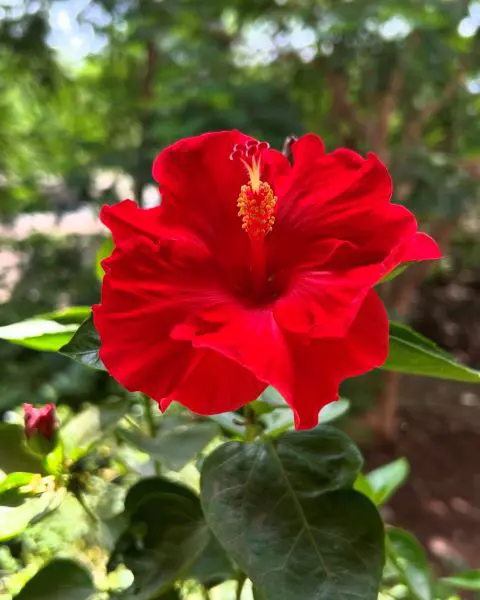
Both hibiscus flowers and its leaves are beneficial for hair health. They are beautiful and found locally.
Once plucked from your garden or purchased locally, boil the flowers in coconut oil, strain, and use the oil to massage your scalp. This remedy in addition to promoting hair growth also acts as a home remedy for premature graying.
Egg Mask
Eggs, an breakfast staple are rich in protein and biotin, essential for healthy hair. Whisk an egg and apply it to your hair and scalp. Leave it on for about 30 minutes before rinsing with a mild shampoo to strengthen and nourish the hair.
Vitamins for Hair Health
Here are some vitamins that plays a crucial role in your hair health. And they are as follows-
• Omega-3 Fatty Acids: Fatty acids are important for nourishment, so incorporate salmon, walnuts, flaxseeds, and chia seeds into your regular diet.

• Vitamin D: Getting enough sunlight and consuming fortified food is crucial. Thus get enough sun and consume dairy products for best results.
• Iron: To support healthy hair, you have to consume foods rich in iron which includes spinach, lentils, and red meat.
• Zinc: Pumpkin seeds, chickpeas, and nuts are excellent sources of zinc. These are essential for hair tissue growth.
• Vitamin E: Avocados, nuts, and seeds are rich in vitamin E. It helps reduce oxidative stress on the scalp.
Conclusion
Incorporating these home remedies and vitamins into your routine can help support hair health and also combat thinning. But most importantly, you have to be consistent and try to make these practices a regular part of your hair care regimen.


